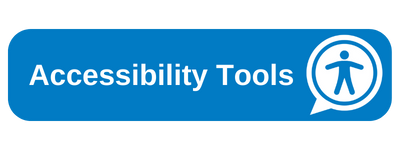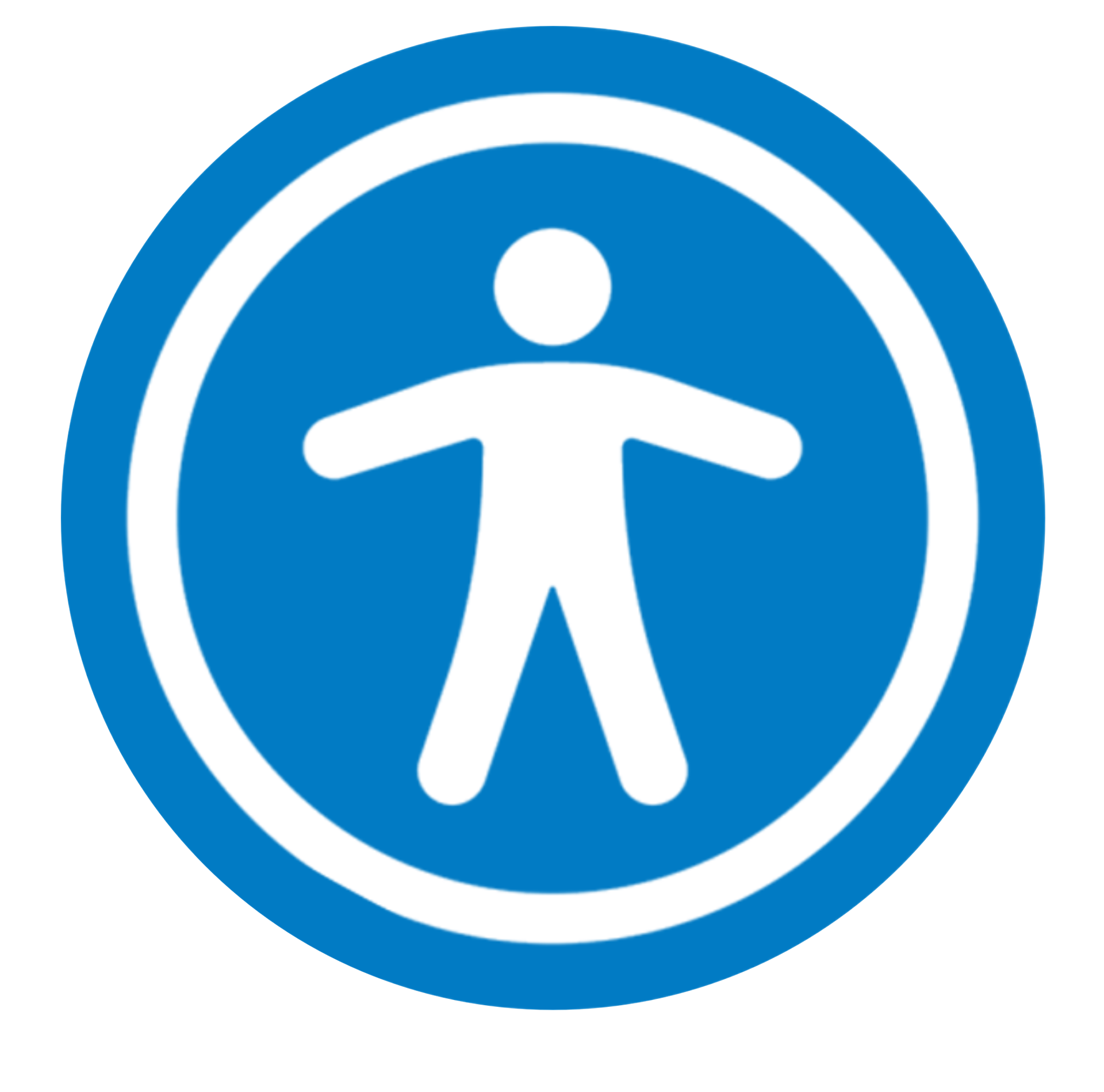Getting more help
This is not conceptually different from Getting Help, but often requires longer term or specialist support. It is a separate needs-based grouping only because there is likely to be a need for extensive resource allocation for a small number of individuals may require particular attention and coordination from those providing services across the locality.
There are no hard and fast rules as to who needs More Help but the following are frequent indicators:
- The child or young person is completely unable to participate age appropriately in daily activities in at least one context (e.g. school, home, with peers)
- They may even be unable to function in all domains (e.g. staying at home or in bed all day without taking part in social activities)
- They need constant supervision (due to their level of difficulties they are no longer managing self-care) and experience distress on a daily basis.
This grouping might include children with a range of overlapping needs that mean they may require greater input, such as the coexistence of autistic spectrum disorder (ASD), major trauma or broken attachments.
This grouping also comprises those children, young people and families who would benefit from focused, evidence -based interventions, with clear aims, and criteria for assessing whether these aims have been achieved. It encompasses those young people and families who would benefit from extensive intervention.
http://implementingthrive.org/wp-content/uploads/2019/03/THRIVE-Framework-for-system-change-2019.pdf
This level of support will almost always require a professional referral to access targeted resources to meet significant need.
If in doubt always consult Younited and the Early Help Hub (see below) for advice.
Delivering this level of support will involve senior leads and the guidance documents listed are relevant to their needs.
To support timely and appropriate responses in the school setting there is a range of opportunities available for learning about mental health problems, in particular free resources from the
MindEd Hub https://www.minded.org.uk/ and Futurelearn https://www.futurelearn.com/subjects/psychology-and-mental-health-courses
It is important that a whole school approach in relation to mental health informs the effective use of this resource overall, including the importance of early identification and intervention.
Please note that the Thriving section of this website contains links to guidance from the Department of Education and national organisations which explain how to implement the approach and the current context for the role of schools in supporting the emotional wellbeing of children and young people.
Also the Getting Advice and Signposting and Getting Help sections of the website provides additional guidance for schools plus links to national organisations which offer telephone and online support and local services, some of which could be considered in relation to Getting More Help because they offer longer term counselling and support.
There are two parts to this section, which you can access by clicking on the links to the left of this page:
A Guidance for schools in relation to Getting More Help from reliable and established sources, including government documents, which will help school staff to gain an overview of what is available and enable them to make informed decisions about the action they take.
B Local services - In the school setting and in the community

